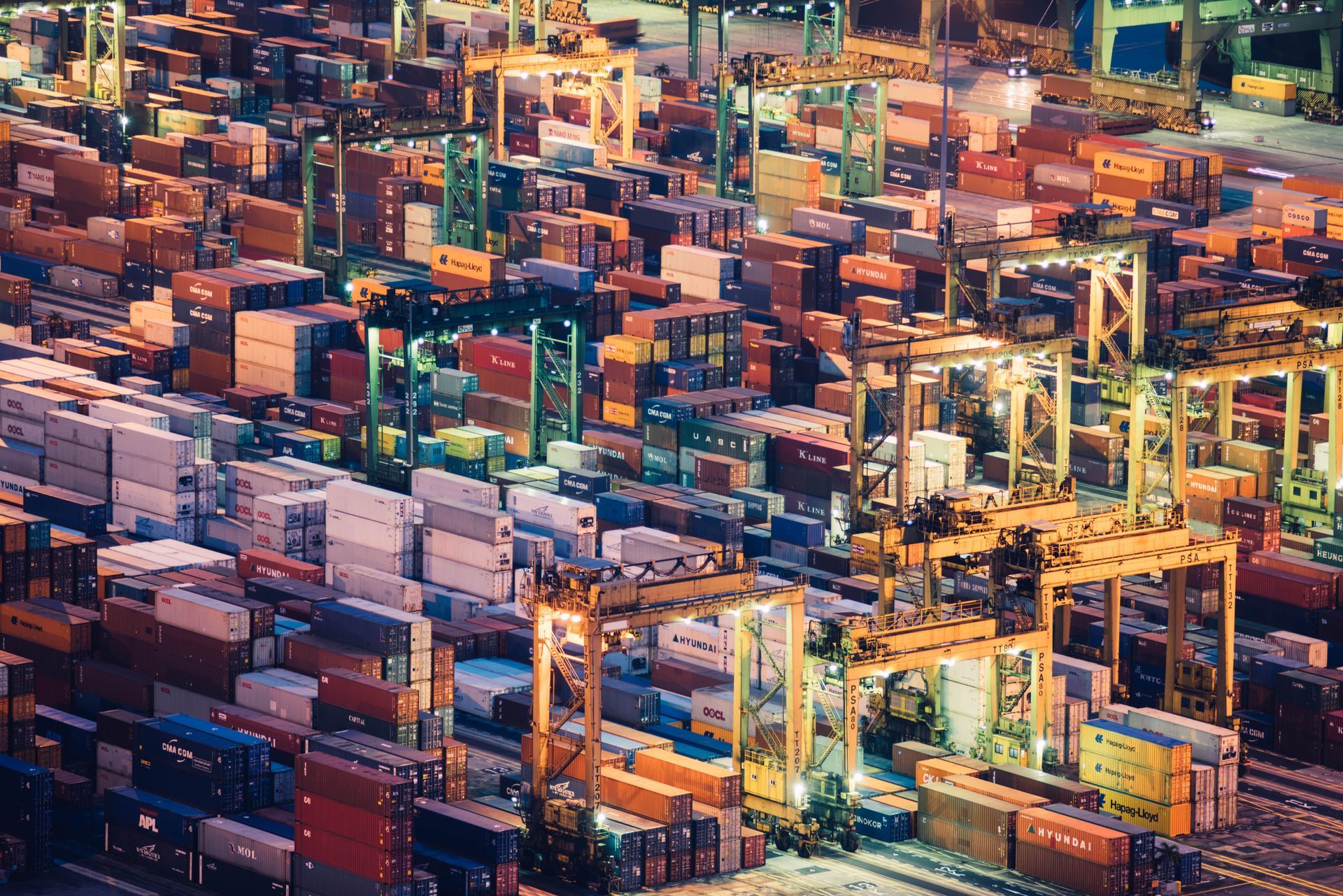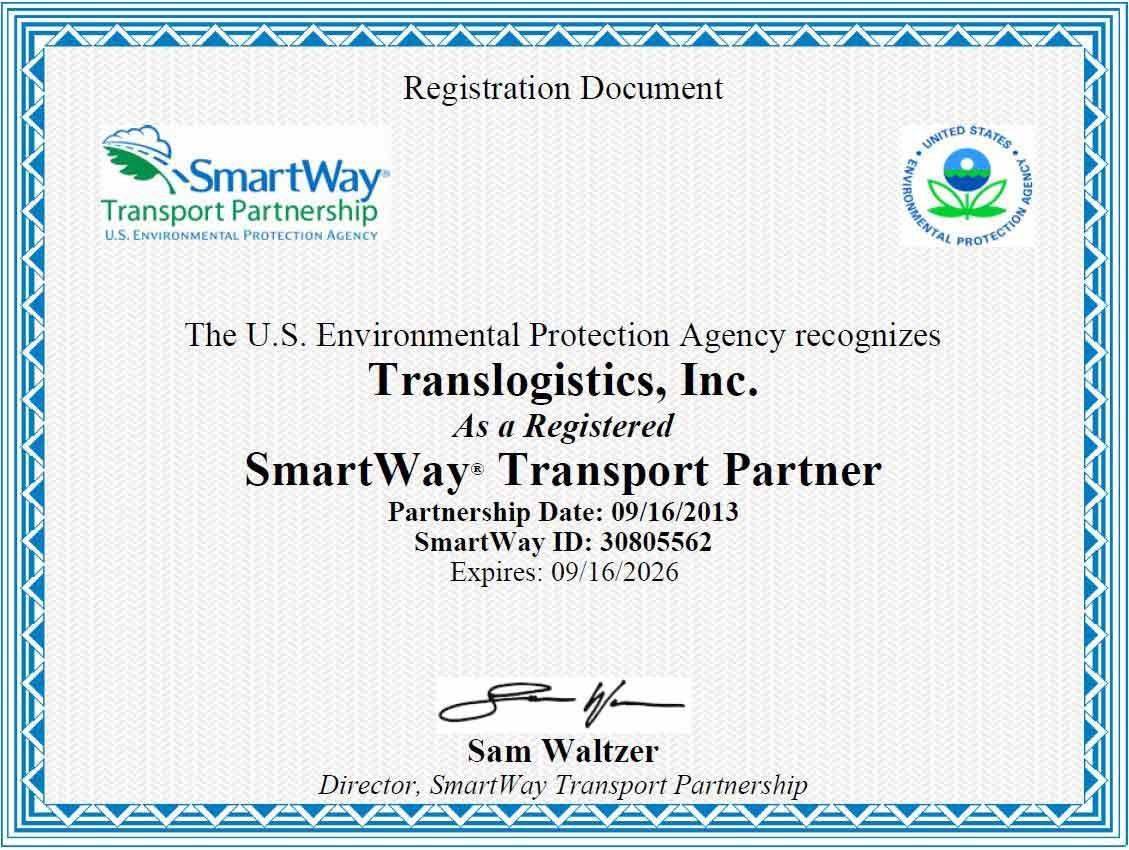Harmonized Tariff Schedule (HTS)
International Tariffs
HTS Search
The
Harmonized Tariff Schedule
(HTS) is a standardized system of classification used by customs officials around the world to identify and apply tariffs to imported goods. It is maintained by the
World Customs Organization (WCO) and is used by over 200 countries and territories.
International Tariffs
The HTS Search consists of a detailed list of goods, arranged by category, along with the applicable tariff rate for each item. It is updated regularly to reflect changes in trade policies and agreements, and it is used to determine the duties and taxes that must be paid on imported goods.
One of the main benefits of the HTS is that it allows for a consistent and transparent system for applying tariffs. It helps to reduce confusion and uncertainty for both importers and customs officials, and it ensures that all parties are aware of the applicable tariff rates for different goods. In addition to serving as a reference for tariff rates, the HTS can also be used to determine the classification of goods for other purposes, such as trade statistics, trade agreements, and compliance with regulations.
Overall, the Harmonized Tariff Schedule plays a crucial role in international trade by providing a standardized system for classifying and applying tariffs to imported goods. It helps to ensure fairness and predictability in the global trading system, while also helping governments to protect their domestic industries and generate revenue.
Tariffs & China
Tariffs on China have been a significant issue in international trade and economics in recent years. In 2018, the United States imposed tariffs on a range of Chinese imports as part of an effort to address what it saw as unfair trade practices by China, including the theft of intellectual property and forced technology transfer.
The initial tariffs, which were imposed on a variety of goods including steel, aluminum, and a range of consumer products, were met with retaliatory tariffs from China on US exports to that country. The conflict, which came to be known as the "trade war," escalated over the following years as both countries imposed additional tariffs on each other's goods.
As of 2021, the United States has imposed tariffs on over $360 billion worth of Chinese imports, and China has imposed tariffs on over $100 billion worth of US exports. The tariffs have had a significant impact on both countries' economies, with many businesses and consumers feeling the effects of higher prices and disrupted supply chains.
In recent years, there have been efforts to resolve the trade war and reduce tensions between the United States and China. In 2020, the two countries reached a "phase one" trade deal in which China agreed to increase its purchases of US goods and services, and the United States agreed to reduce some of the tariffs it had imposed on Chinese imports. However, many of the tariffs remain in place, and the overall status of the tariffs on China is uncertain.
The ongoing trade tensions and tariffs on China continue to be a major issue in international economics and politics. It remains to be seen how the situation will ultimately be resolved, and what the long-term impacts of the tariffs will be on both countries and the global economy.
Tariffs are unique to only China. Tariffs are taxes that are imposed on imported goods when they enter a country. They are typically used as a way for governments to protect domestic industries and to generate revenue.
TLI Insights
Get the latest logistics insights and tips from TLI's award-winning team. Stay ahead in transportation planning.
Questions? Email us at marketing@shiptli.com





